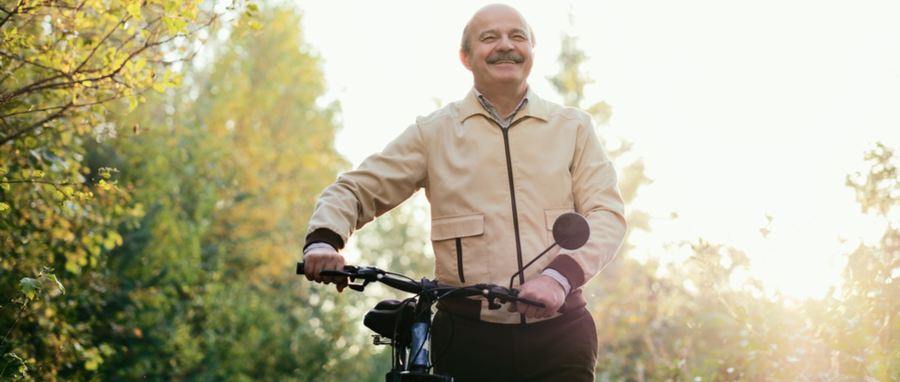Numerous studies have shown that addiction can significantly affect the chemicals and structure of the brain. When a person is struggling with addiction, their brain continues to receive such an influx of dopamine (a neurotransmitter that sends signals of pleasure and reward) that the hippocampus (an area of the brain responsible for storing memories) remembers these feelings of pleasure and, thus, sends signals to the person telling them that they want that drug – over, and over, and over again. It’s not uncommon for someone to be so caught up in the loop of addiction that they lose track of their appearance and hygiene, their finances, their health, and much more. In a way, addiction sort of “hijacks” the brain – meaning that typical, daily life skills are put on the backburner and nearly forgotten.
Recovery is more than just helping the body detoxify from drug abuse; recovery is meant to help a person restore their mind, body, and spirit. Part of getting one’s life back after addiction is re-learning the skills required for daily living – this could include:
- Cooking, eating healthily, and shopping for nutritious foods
- Cleaning
- Exercise
- Budgeting
- Securing stable employment
- Achieving financial independence and budgeting
- Pursuing educational goals
- Laundry
- Hygiene/maintaining a kempt appearance
In addition to the basic of life skills, socio-emotional skills are learned as well:
- Coping with emotions effectively
- How to cope with stress
- Social interactions and maintaining friendships (boundaries, respect, love, etc.)
- Living an independent lifestyle
Learning new life skills may seem hard right now because you’re re-learning what you feel you should already know – but remember that when addiction takes over, some of those basic necessities go right out of the window. A 2015 study published in the Yale Journal of Biology and Medicine identified 5 main rules for focusing on what’s important in recovery: 1) change your life by re-creating one that is centered around recovery, 2) be completely honest to yourself and others, 3) ask for help when you need it, 4) practice self-care always, and 5) don’t bend the rules.
The man who creates change creates himself. With our innovative treatment programs and adventure based recovery, we’re transforming men’s lives inside and out. Call Tree House Recovery today for information on our men’s addiction treatment programs in Orange County, California: (855) 202-2138






